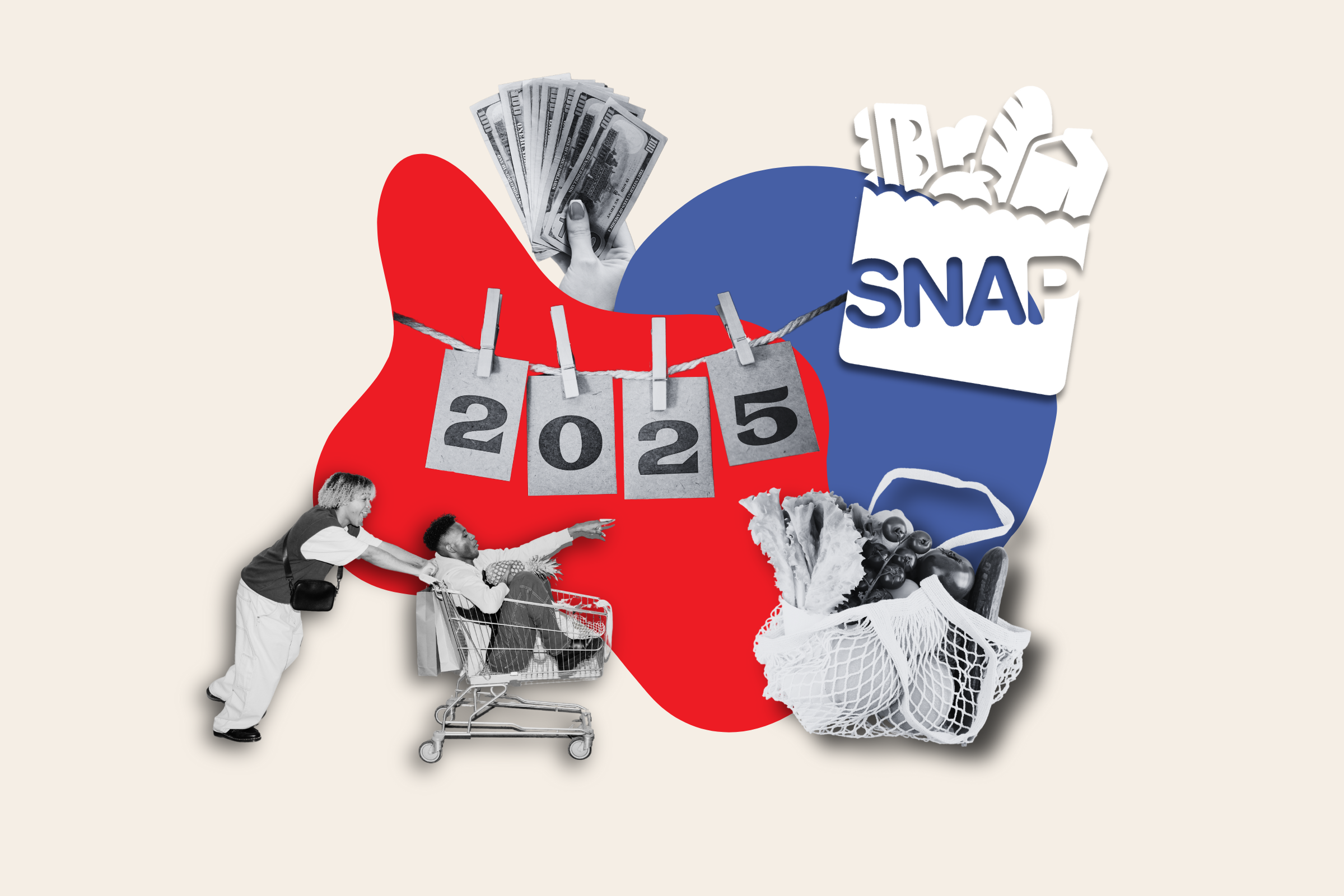What's New
The average rate on a 30-year mortgage in the United States rose this week to the highest level in months.
Why It Matters
High mortgage rates and home prices have kept homeownership out of reach for many prospective buyers.
What To Know
Borrowing costs on a 30-year home loan in the U.S. increased to 6.85 percent from 6.72 percent last week, mortgage buyer Freddie Mac said Thursday. Meanwhile, the rate of a 30-year mortgage averaged 6.61 percent a year prior.
How Have Mortgage Rates Fluctuated?
Mortgage rates hit their lowest average in two years in late September at 6.08 percent. After reaching this low, rates started to creep back up, peaking at 6.79 percent in early November before falling back down. This week's mortgage rate is the highest since the week of July 11, when it averaged 6.89 percent.

How Are Treasury Bonds Doing?
One of the several factors that influence mortgage rates is the yield on U.S. 10-year Treasury bonds, which lenders use as a guide to price home loans. The higher the yields on long-term U.S. Treasuries, the more confidence investors have in the future of the economy. On the other hand, high long-term yields can also signal an expectation of rising inflation.
The 10-year Treasury yield was at 4.61 percent in midday trading Thursday. In September, the yield was below 3.7 percent.
Bond yields climbed last week after the Federal Reserve suggested that it will make less interest rate cuts next year than previously estimated.
What People Are Saying
Federal Reserve Chairman Jerome Powell told reporters last week when announcing a recent interest rate cut: "The economy is strong overall and has made significant progress toward our goals over the past two years."
Powell pointed to how the job market is performing and recent inflation readings as to why, in part, the Fed is looking to slow down their rate cuts.
"In the labor market conditions remain solid. Payroll job gains have slowed from earlier in the year, averaging 173,000 per month over the past three months, the unemployment rate is higher than it was a year ago, but at 4.2 percent in November, it has remained low," Powell said.
He added: "Inflation has eased significantly over the past two years, but remains somewhat elevated relative to our 2 percent longer-run goal."
What Happens Next
Most economists predict that the average rate on a 30-year mortgage will remain above 6 percent in 2025. One factor that could keep mortgage rates elevated is whether President-elect Donald Trump's economic policies will contribute to higher inflation and increase the national debt.
This article includes reporting from The Associated Press.










.jpg?mbid=social_retweet)









 English (US) ·
English (US) ·